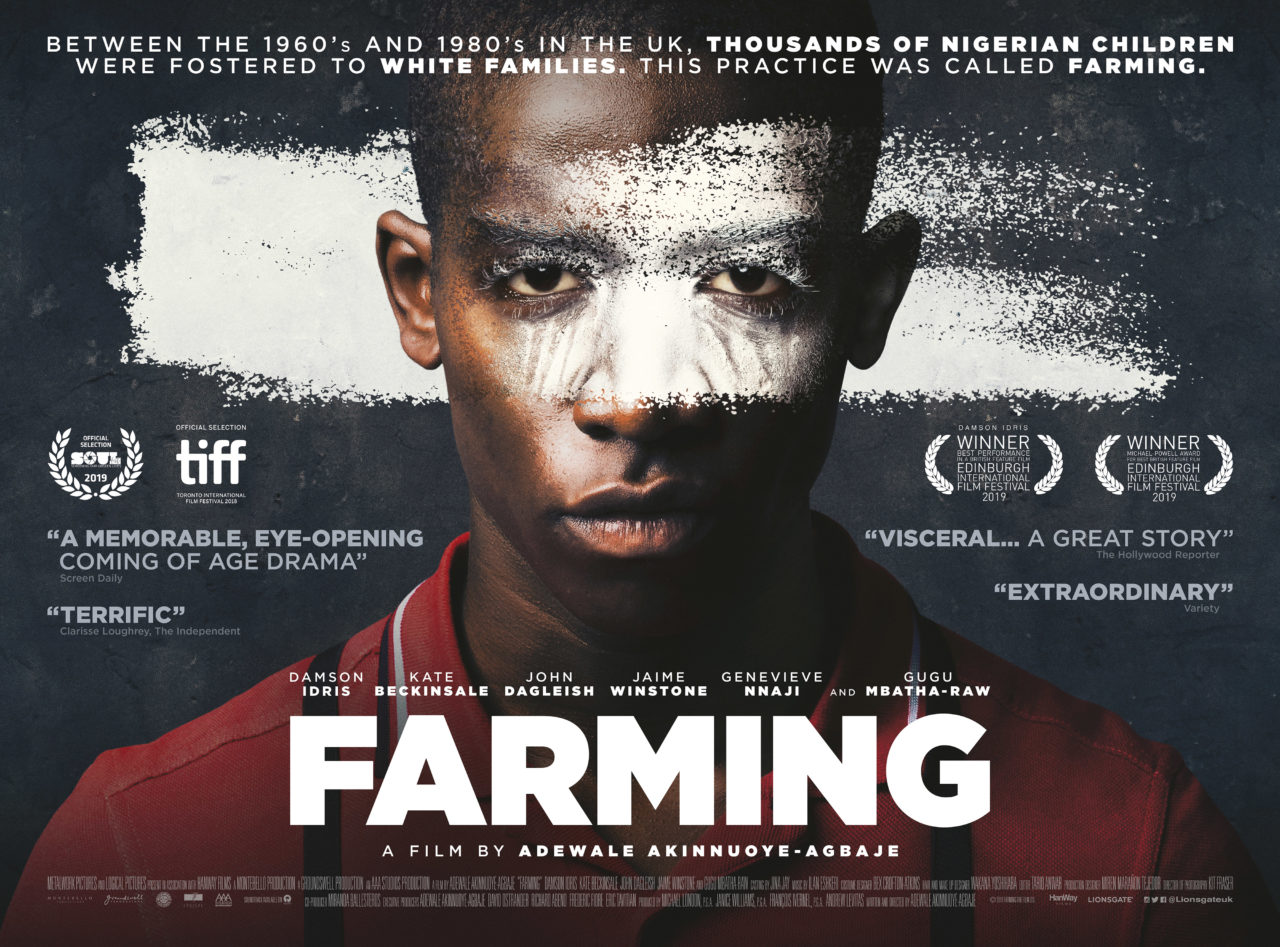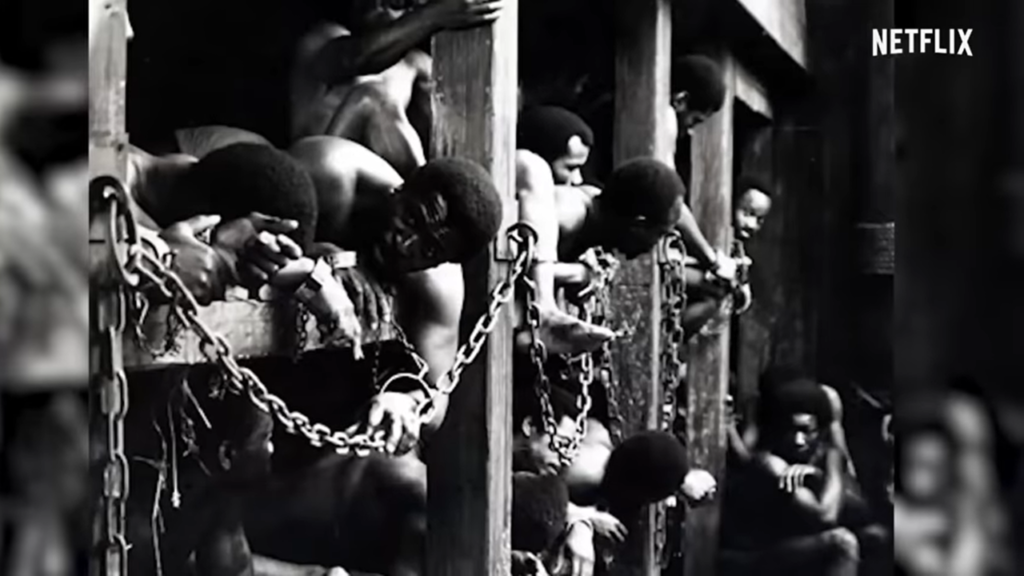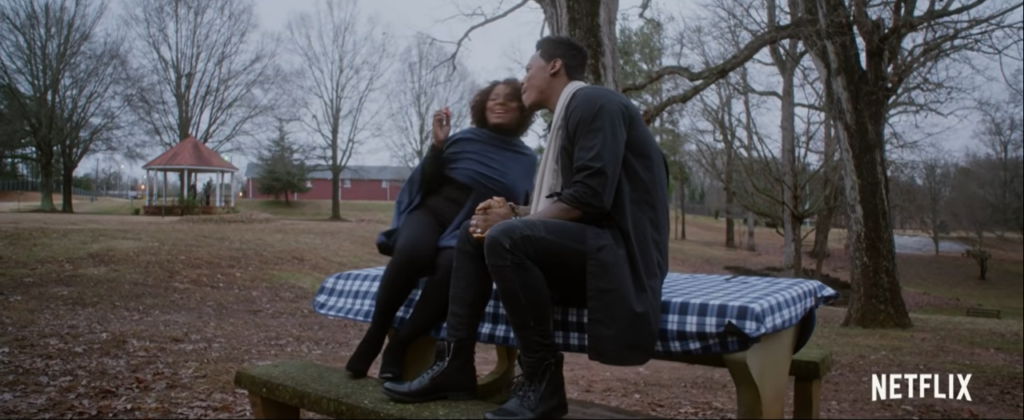First of all, one must salute the courage of Adewale Akinnuoye-Agbaje for daring to tell his own story to the world through the movie “Farming.”
But if you are racing to the cinema to see Genevieve Nnaji in this movie, sorry to burst your bubble, she had minimal screen time. Damson Idris who played Enitan Bada and his teacher Ms Dapo (Gugulethu Sophia Mbatha-Raw) are the stars of the movie. Ms Nnaji and “Farming” movie director, Akinnuoye-Agbaje star as Enitan’s parents.
In the 1960s, Enitan was left in foster care in London. He was ‘farmed’ out to a working-class couple living in Tibury, Essex. Enitan’s parents believed that they were giving their son a better life by living him in foster care. But they were wrong.
English actress, Kate Beckinsale played Ingrid Carpenter and Enitan’s foster mother. Ingrid had over six black children in her care. Enitan longed for her love. But Ingrid preferred his foster sister. His foster father was a lory driver who was hardly around. Not that he cared much either.
Little Enitan suffered bullying from white boys. And rather than his foster father defend him, he asked him to fight back. As such, Enitan struggled with an identity crisis and the bullying until he became a teenager. So, at 16 years he turned to the streets in search of love and acceptance.
Enitan clearly had a disturbing childhood. Yet, despite a very strong performance by Idris it was difficult to get into his head. One wanted to understand his motivations. For instance, why he used racial slurs on his teacher. What made him choose a scrapyard as his home instead of the warmth of a bed? Why did he risk so much for the gang? There are too many pieces to the puzzle left unanswered. As such, Enitan’s transition from hating the Tilbury Skinheads for treating him inhumanely to becoming a member of the gang is incomprehensible.
There was also some inconsistency in the portrayal of Enitan’s family back in Nigeria. The location used as their home painted them as highly deprived. Yet, they could afford to throw a big party and pose for a nice family picture. More so, Enitan’s dad was a lawyer. And his parents could afford to visit England.
Nonetheless, it was heartwarming to see him rise above the darkness so much so that he earned a Law degree in 1989. While “Farming” is Akinnuoye-Agbaje’s directorial debut, he has had a successful career as an actor starring in several movies such as, “The Bourne Identity,” and “Thor: The Dark World.”
Akinnuoye-Agbaje’s “Farming,” is sobering. It stays true to the British social realism style of filmmaking. It is very raw, realist and strives for authenticity. However, despite Nigeria’s ties to Britain, Nigerians favour the American-style of filmmaking. They fancy the more gimmicky and lighthearted stories. Or dramas characterised by big speeches and moving dialogues. And so, whilst Nigerians love to celebrate their own, it is doubtful that the movie “Farming” would be a hit with Nigerians as with Chiewtel Ejiofor’s “The Boy Who Harnessed the Wind.”
“Farming” was released on 25 October and it is still showing in local cinemas.




